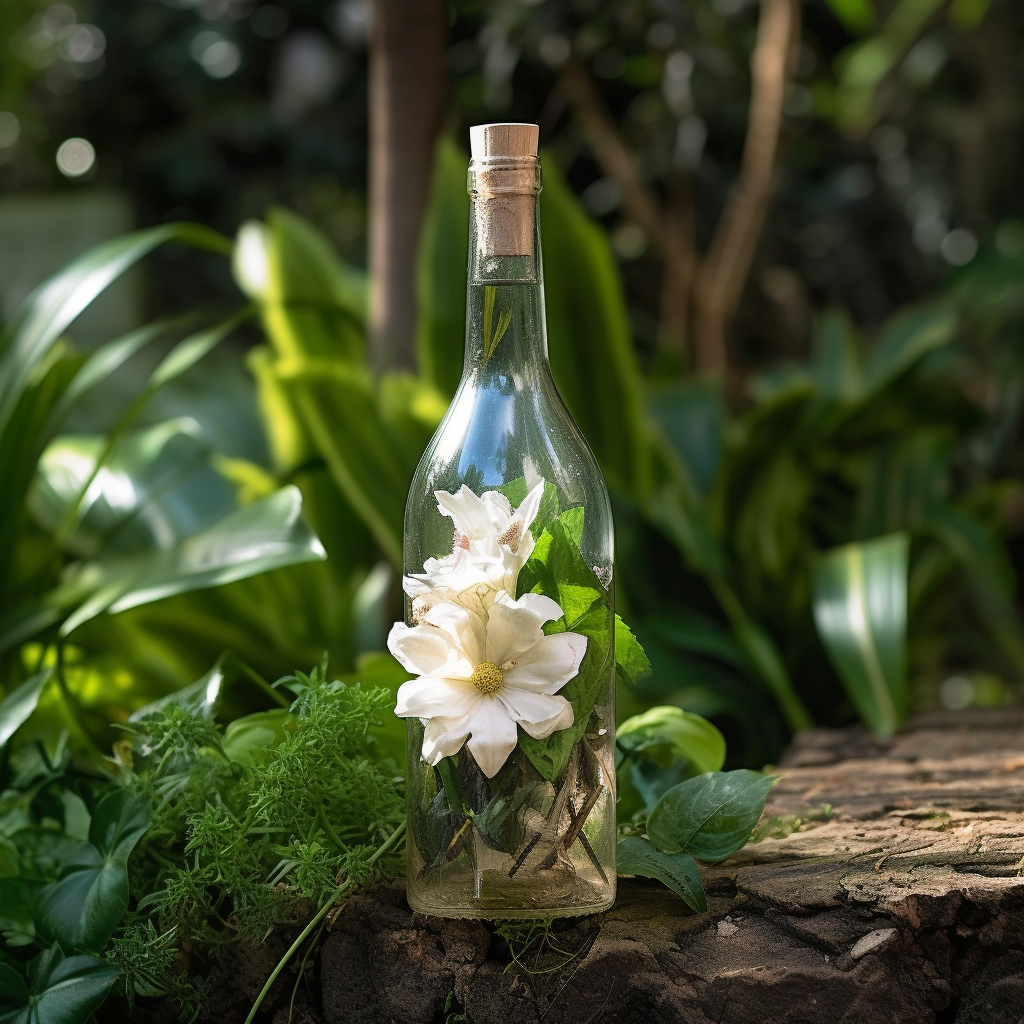The Exhaustion of Alcoholism: A Guest Post
The exhaustion of alcoholism- and life on the other side. #ThankYouPlantMedicine
My name is Jamie, and I’m five years sober.
I've joined the Radiant Farms team because plant medicine helped me exit from 20 years as an alcoholic- and I want to see these alternative treatments get into more people's hands.
For those who are drinking or are intimate with someone who is, you already know the bone-deep weariness of living with alcoholism - an exhaustion that no nap, no vacation, no weekend off could ever touch.
Alcoholism is an endless loop of trying. Trying to stop. Trying to moderate. Trying to function. Trying to pretend you’re fine. All while your nervous system is on high alert, your body is quietly breaking down, and your mind is fighting battles it never wins. The tiredness compounds. Until one day, you look at yourself and can't take the dissonance of your inner world and your outside life, or the broken relational trail behind you. That moment came for me at the beginning of Covid. I knew I wouldn't survive lockdown with alcohol.
So, with the help of some witchy friends and biohackers, I started on a 30 day protocol of microdosing psilocybin. I didn’t go to a facility, or AA, I just started with an app— tracking moods, watching my patterns, beginning to understand the rhythm of my addiction. Within days of microdosing, the cravings went away. I later learned that Psilocybin interacts with the brain’s default mode network—the network that reinforces habitual patterns, including addiction.
And, very specifically: psilocybin has been shown to decrease alcohol cravings and consumption. A pivotal 2022 randomized clinical trial published in JAMA Psychiatry by Dr. Michael Bogenschutz and his team at NYU found that participants with alcohol use disorder who received psilocybin-assisted therapy significantly reduced their drinking compared to those who received a placebo. Nearly half of the participants who received psilocybin stopped drinking entirely in the weeks following treatment (Bogenschutz et al., 2022).
What’s happening in the brain is just as interesting. Psilocybin interacts with the serotonin 2A receptor and modulates the default mode network—those tightly patterned loops in the brain that reinforce identity, behavior, and addiction. By loosening these loops and increasing neuroplasticity, psilocybin makes space for new habits, new perceptions, new ways of relating to self and life (Carhart-Harris et al., 2014).
But beyond the pathways and receptors, psilocybin gave me something alcohol never could: a sense of wholeness. A glimpse of myself as unbroken. It softened the shame and lit up something ancient and good inside me.
When I got sober, someone told me, “Just be aware, when you stop drinking, you’ll be the same emotional age you were when you started drinking.” That landed. Because when I took away the drink, I found out just how much feeling I’d been muting: the heartbreaks I closed off, the confrontations I numbed, the grief... and how limited my skills were in handling those feelings and in relating to others. Without the tools to feel and communicate, well, the longer you drink, the more that backlog grows. At a certain point, you’re not just tired from the substance—you’re tired from everything you’ve never processed.
So that part wasn’t easy. Sobriety wasn’t some clean, enlightened walk into the light. It was messy. But this time, I stayed in the fire. I learned how to metabolize emotion like I’d learned to metabolize alcohol—slowly, in tiny sips, over time.
When I did want to relax, but stay clear, I chose kava instead of alcohol and it soothed my nervous system and gave me the ritual of unwinding without the cost of disconnection. Kava doesn't cloud judgement or presence. It increased it. It helped me stay grounded while I did the deeper work. I personally found THC too disorienting to stay connected.
So yes, that was five years ago. The exhaustion is gone. I’m not waking up in a fog, not apologizing for things I don’t remember, not bracing myself against the shame of my own choices. My relationships are better, my body it better, I feel more in integrity.
So, if you’re in that place—the bone-deep tired place—know that there are tools from plants to apps to other people that can help. There's a way out. While we can't offer psilocybin due to its regulatory status, we want you to know how much we respect it.
In the meantime, have some cacao, or enjoy our other botanical sacraments. Feeling at ease and open hearted is your birthright.
-J.A.

